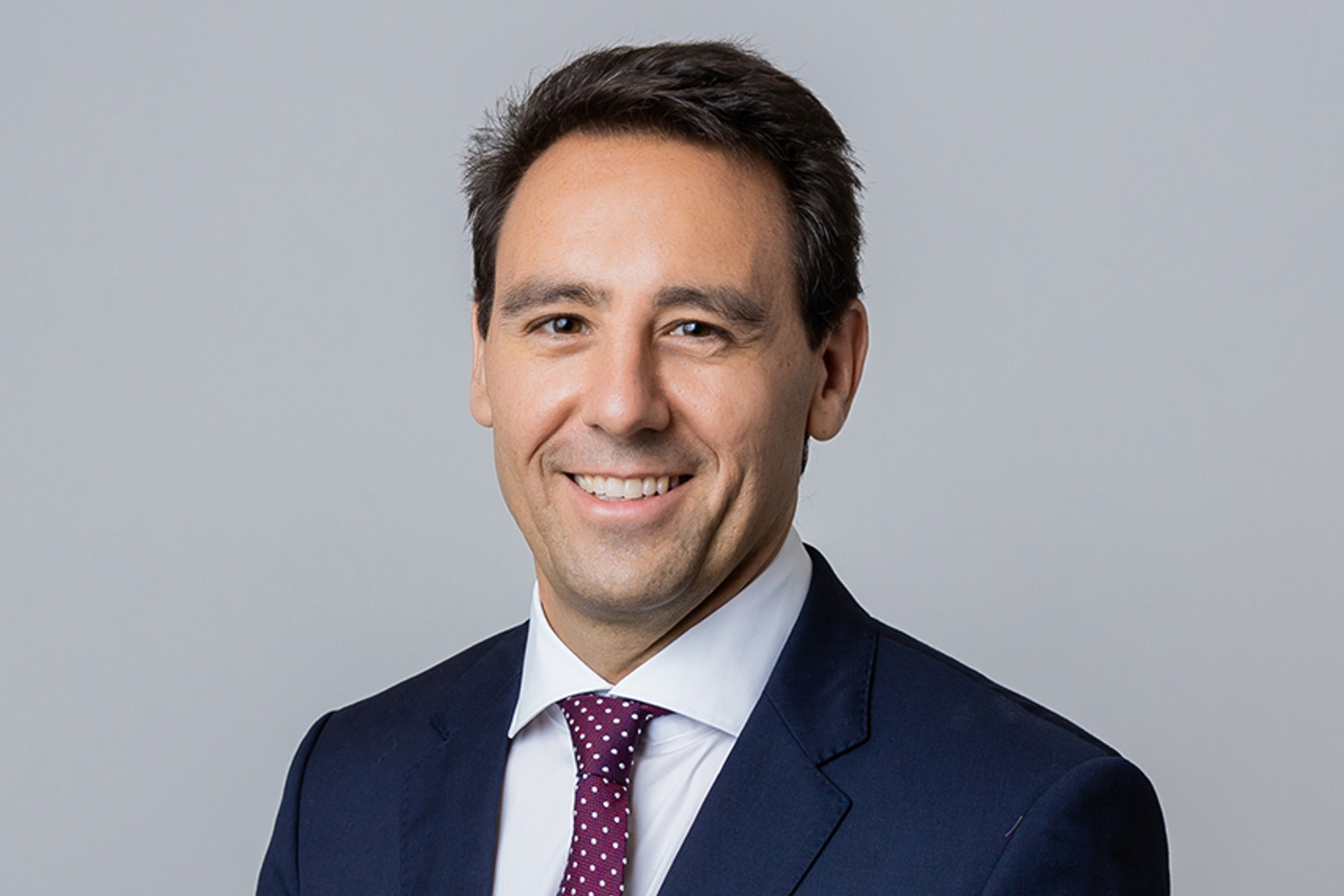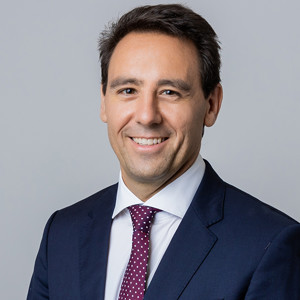
Mark Santangeli
Partner | Legal
Cayman Islands

Mark Santangeli
Partner
Cayman Islands
No Content Set
Exception:
Website.Models.ViewModels.Components.General.Banners.BannerComponentVm
The United States remains the most popular place in the world to register corporate jets. However, there are a number of reasons that the US is not appropriate for everyone. The Cayman Islands, since 1976, has been attracting a number of Aircraft Registrations and presents a viable alternative to the US, and other registration jurisdictions.
The Cayman Islands acts under the purview of the British Civil Aviation Authority. The process of registration generally takes two to three weeks to complete.
The Cayman Islands register (the Aircraft Register) is highly respected and recognised throughout the international aviation industry. The majority of the aircraft on the Aircraft Register are private exclusive jets (such as the Boeing Business Jet, Airbus A320, Gulfstream GIV and GVs, Falcon 900B, Falcon 2000, Hawker 900XP and Bombardier Global Express). There is also increasing interest in the Cayman Register to register commercial aircraft.
The Cayman Register can be used to register an aircraft in the "private" category, and this has been expanded to include all turbo-jet aircraft, all other aircraft above 5,700kg and helicopters that are based on yachts.
In order to register an aircraft in the US, the owner must be a "citizen of the United States". An increasing number of US corporations have historically operated US registered aircraft but, following mergers or acquisitions, these corporations are finding that they are classed as "non-citizens" for the purpose of a US Registration Application.
That being the case, US registration requires that they then go on to confirm that their aircraft is primarily based and used in the US. It is necessary for the aircraft to spend 60% of its time in the US to meet this requirement. In addition to this, aircraft ownership is a matter of public record in the US; the register can be accessed on the internet. Registration in the Cayman Islands is generally confidential and is not a matter of public record.
When aircraft finance transactions are structured, it is essential to the parties that there is no tax leakage in the deal. The Cayman Islands does not charge corporation tax, or any other taxes on companies carrying on business within or outside the Cayman Islands.
In addition, whilst Stamp Duty could apply to an aircraft finance transaction, it is possible to keep the Stamp Duty cost to a de minimis level by proper structuring of an aircraft finance deal.
The Cayman Islands Registration Mark is "VP-C". It is seen as a neutral mark, as opposed to a US or European Mark. The mark is followed by two subsequent letters that make the mark unique.
It may be the case that an owner and financier reach an agreement to register in a neutral jurisdiction which is acceptable to both of them. The Cayman Islands is often used as an appropriate compromise in such cases.
The Cayman Register is rated as a "Category 1 Aviation Regulatory Authority" by the US Federal Aviation Administration. It is prepared to accept more than one internationally recognised set of airworthiness requirements and various flight crew licences for validation.
An aircraft may not be "type-certified" elsewhere. By registering on the Aircraft Register the expense of being the first to register a given type of aircraft elsewhere can potentially be avoided.
The Cayman Islands Civil Aviation Authority are good at responding to owners and operators' queries and requirements when compared to a number of other registers.
This process relates to aircraft in the "Private" category only. This means aircraft which are not used in commercial operations (and so they must not be used for "hire or reward").
In order to have an aircraft added to the Aircraft Register, there are various steps that must be followed. This process begins with the application for registration.
As soon as the Cayman Islands Civil Aviation Authority receives a registration application they will begin the financial and legal "due diligence" process. This process is used to assess whether the aircraft and owner are acceptable to the Aircraft Register.
The registration application must be accompanied by the following:
• the company's certificate of incorporation (or equivalent document)
• list of authorised company signatories (with a signature sample for each)
• a general description of the company's activities, main base of aircraft operations and geographical areas
• a statement must also be included that states that the aircraft will only be operated within the definition of "Private Category". This is defined as being "any purpose other than public transport or aerial work". So, an aircraft registered in this category cannot be used for "hire or reward"
A Due Diligence Checklist must be completed to assist this process. For the application to proceed beyond the due diligence stage, 50% of the cost of a "Certificate of Airworthiness" must be paid at this stage, by way of deposit.
The individual seeking to register on the Aircraft Register must prove eligibility in accordance with the Air Navigation (Overseas Territories) Order 2007 (AN(OT)O). The following persons are qualified to hold a legal or beneficial interest by way of ownership in an aircraft registered in Cayman (or a share therein):
• The Crown
• Commonwealth Citizens
• British Protected Persons; and
• Bodies incorporated in some part of the Commonwealth and having their principal place of business in any part of the Commonwealth.
In many cases, the registration will proceed using the final of these qualifying factors, the ownership being structured through a Cayman Islands company.
When the registration application is submitted, the desired registration mark can be requested and reserved. Once due diligence has been completed the Cayman Islands Civil Aviation Authority will advise whether they formally accept the aircraft and owner onto the Register.
Once the Cayman Islands Civil Aviation Authority has confirmed that the aircraft and owner can be accepted onto the Aircraft Register, an airworthiness survey of the aircraft needs to take place. This will be completed by a Cayman Islands Civil Aviation Authority surveyor. The survey normally takes two days to complete on-site, with the aircraft and so it is necessary for the aircraft to be in the Cayman Islands at this stage. However, arrangements can be made for the inspection to take place other than in the Cayman Islands.
A "Maintenance Schedule", in compliance with the aircraft manufacturer's recommended maintenance programme must be submitted for approval. If this is not available, maintenance must be conducted in compliance with a schedule developed by an approved maintenance organisation. The term "Approved Maintenance Organisation" means one that is acceptable to the Cayman Islands Civil Aviation Authority.
At this stage, a number of technical forms must be completed and submitted to the Cayman Islands Civil Aviation Authority.
Once a satisfactory Airworthiness Survey is obtained, the surveyor will make a recommendation for the issue of a Certificate of Airworthiness. Once the Cayman Islands Civil Aviation Authority receives an Export Certificate of Airworthiness (or equivalent document) from the existing state of registry, the de-registration process can be initiated.
It is important that deregistration does not commence until the due diligence process is completed by the Cayman Islands Civil Aviation Authority; an aircraft cannot be flown once it has been de-registered until it is registered in the Cayman Islands and issued with a Certificate of Airworthiness and all other documents.
Upon receiving notification from the existing state of registry that the aircraft has been removed from the register, a Cayman Certificate of Registration, Certificate of Airworthiness and all associated certification documents can be issued.
The process of registering an aircraft on the Aircraft Register is generally a fairly straightforward process which can be completed quickly, with the right advice and assistance. Ogier's Private Wealth Team are able to assist with all aspects of aircraft registration in the Cayman Islands, and are also able to advise upon the options available for aircraft ownership, including consideration of trust and company structures.

Mark Santangeli
Partner | Legal
Cayman Islands

Mark Santangeli
Partner
Cayman Islands

Tommy Tuohy
Partner | Legal
Cayman Islands

Tommy Tuohy
Partner
Cayman Islands
Ogier is a professional services firm with the knowledge and expertise to handle the most demanding and complex transactions and provide expert, efficient and cost-effective services to all our clients. We regularly win awards for the quality of our client service, our work and our people.
This client briefing has been prepared for clients and professional associates of Ogier. The information and expressions of opinion which it contains are not intended to be a comprehensive study or to provide legal advice and should not be treated as a substitute for specific advice concerning individual situations.
Regulatory information can be found under Legal Notice
Sign up to receive updates and newsletters from us.
Sign up
No Content Set
Exception:
Website.Models.ViewModels.Blocks.SiteBlocks.CookiePolicySiteBlockVm